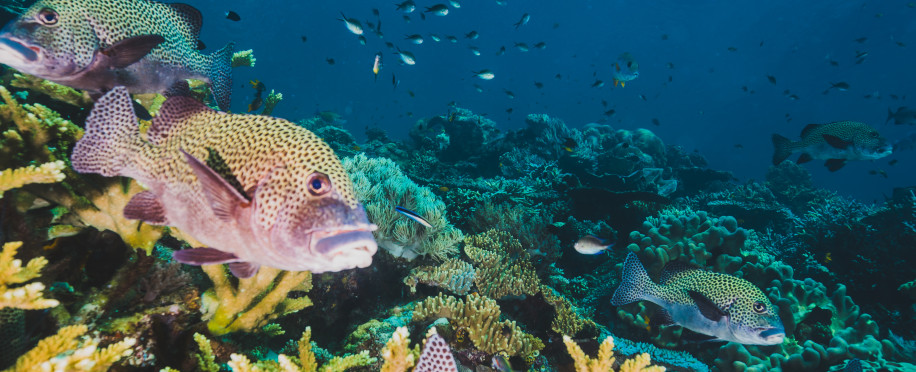Copyright © 2025 lmitac.com All Rights Reserved. Contact - Terms and Conditions - Privacy Policy - Quality Policy - Become an instructor - Vacancies - Sitemap
London Maritime Academy is a trade name for London Premier Groupversion: 2.9.0
London Maritime Academy is a trade name for London Premier Group

Posted on : 1/24/2024, 9:37:06 PM
Last Update : 1/24/2024, 9:37:06 PM
Protecting the marine environment should take a considerable part of all the coastal studies and efforts due to all the marine ecology and biology directly impacting the marine ecosystem.
Marine biology science includes all the essential aspects of the marine environment that affect coastal and ocean well-being.
Today, we will cover marine ecology, its master benefits, and its impacts on ocean conservation efforts. Moreover, we will list the main types of marine ecosystems.
Marine ecology, a branch of marine biology, delves deeper into studying marine organisms and habitats, focusing on understanding their interactions within their environment. This field of science examines various aspects of aquatic ecosystems, including coastal communities. It aims to comprehend the ecological processes of organisms and their behaviours regarding each marine ecosystem's physical and chemical properties.
A significant aspect of this study is understanding and mitigating human impacts on the ocean's ecological balance, such as the critical issue of Ocean Acidification. This phenomenon, resulting from increased atmospheric CO2, poses a significant threat to marine life and ecosystems, making its study a crucial aspect of marine ecology.
As we said, marine ecology studies the different interactions between organisms and their environment, thus, understanding the cited type of marine ecosystems is essential for the ocean study success.
Note that these environmental types are categorised based on their characteristics, distribution, and biodiversity:
The ecosystems that are developed at the meeting points of rivers and oceans.
The ecosystems are found in warm and shallow water with clear sunlight due to the accumulation of calcium carbonate secreted by coral reefs.
Also known as the pelagic zone, these environments are divided into layers and expand from the coast to the ocean floor.
The benthic and complex ocean depth with no sunlight, high pressure, and low temperatures with unique and poorly understood habitats.
Marine ecology science helps and boosts the process of understanding and studying the marine ecosystem and biology, and these are the key attached benefits:
The marine ecology identifies and understands the different organisms and inhabitants of the ocean with advanced knowledge of marine systems and paradigms.
Understanding marine ecosystems helps scientists and professionals protect biological diversity and species.
Marine ecology shares focused scientific concepts with a mathematical manuscript on the impacts of climate change on the ocean’s ecosystems, sea levels, and marine life.
The study of marine ecology directly impacts the overall marine ecosystem health with better learning of biology and a better decision-making process.
Discover new pharmaceuticals, biomaterials, and other unique biochemical compounds in each tropical, shoreline, and sea marine population.
The Diverse information on marine ecosystems will improve ocean pollution management internationally with fundamental activities, surveys, and studies.
Marine knowledge will help scientists take effective measures and steps to respond to all and any natural disaster, and it will lower the hard impacts on marine populations based on accurately established laboratory mechanisms.
According to the Maritime Training Academy, marine ecology empowers the scientific foundation of ocean conservation efforts in many exciting ways:
Marine ecologists study worldwide human activities and their impact on global aquaculture, helping the development of conservation strategies to ease any adverse effects or even stop them.
Marine ecology shares authentic and accurate information on the ecological topics and relationships among various species and their biological environment. Leading to better ecosystem management, organism understanding, marine balance, and health.
This also enhances the economy with improved education and review of the fisheries that grow fish based on advancing and dynamic structure, increasing their income.
For different reasons, marine ecosystems could be damaged, and marine ecology provides the needed information for an effective restoration program for the marine ecosystem based on natural sciences studied measures.
Due to all the scientific knowledge and study, marine ecology helps improve maritime policy to conserve marine ecosystems, reduce pollution, and limit habitat destruction.
Understanding the importance of marine ecology shares deep insights and understanding of all the efforts and investments in this field.
However, benefit from all these academic efforts to empower your business and increase your revenue without impacting the dynamics of marine life.